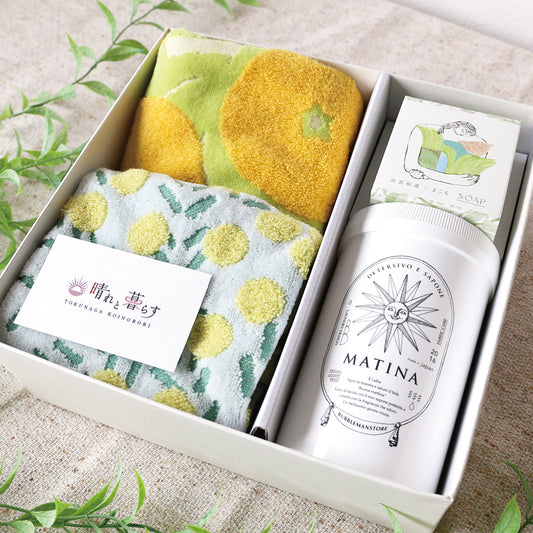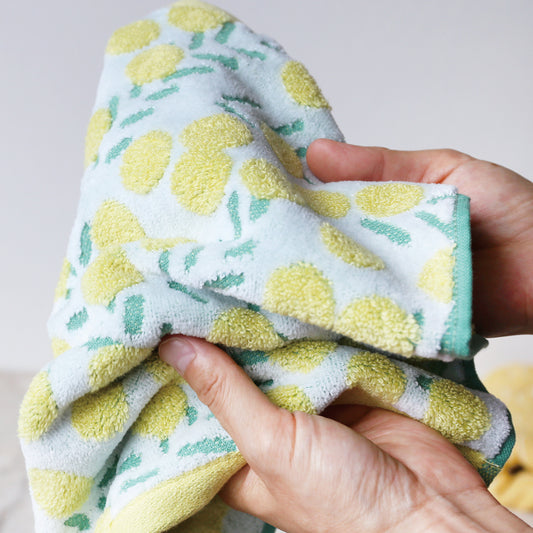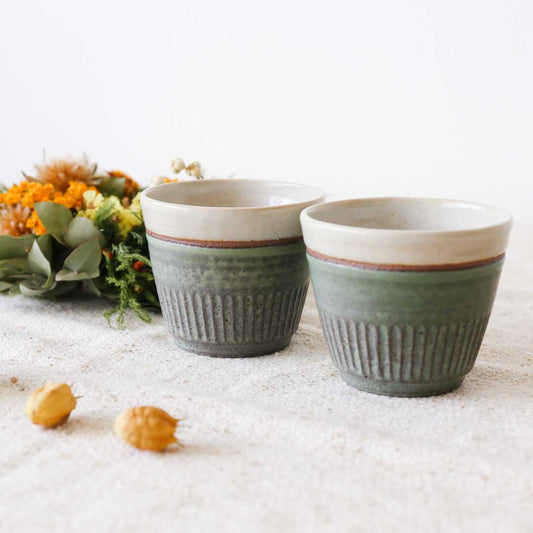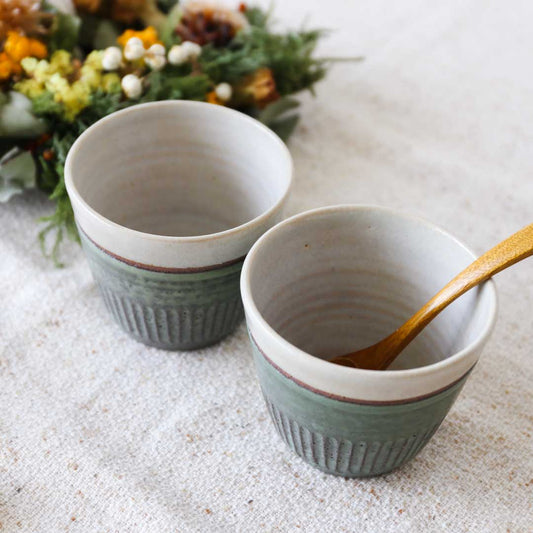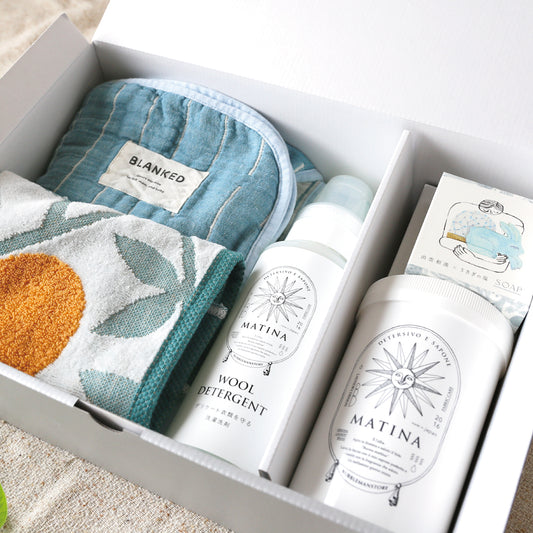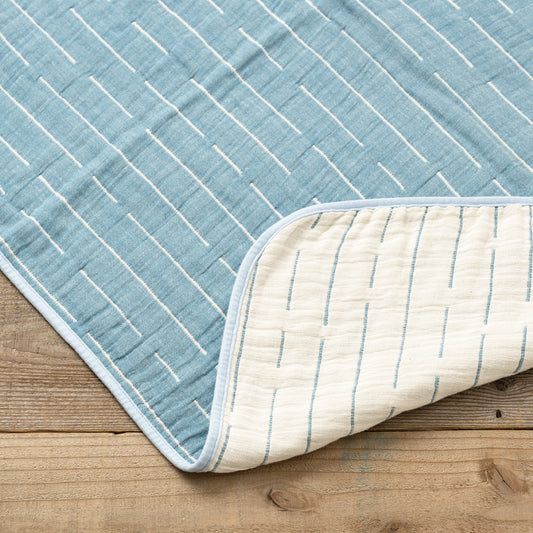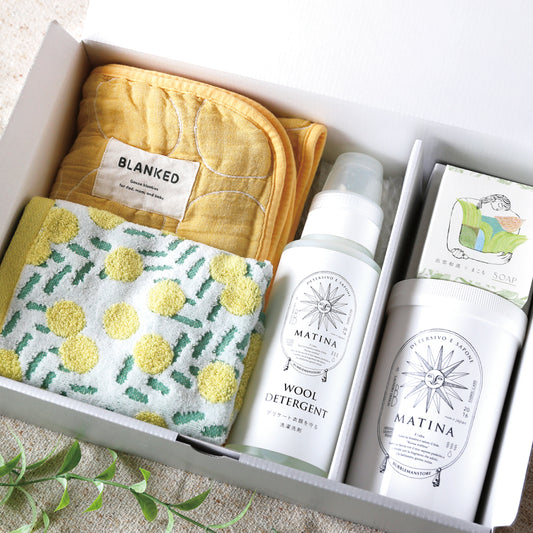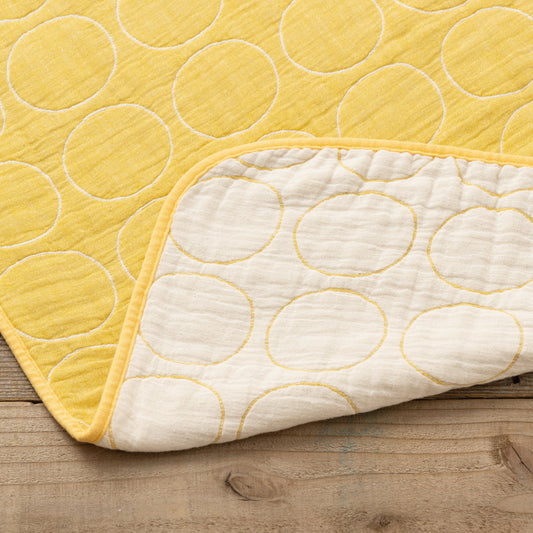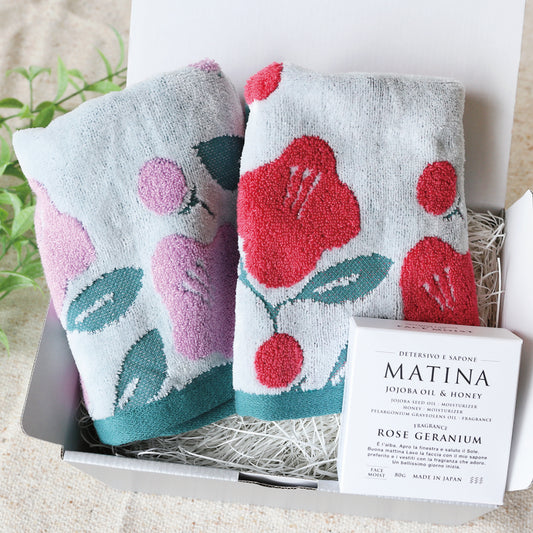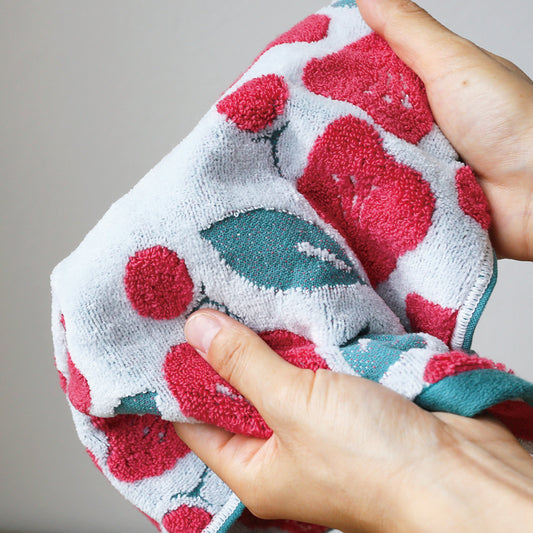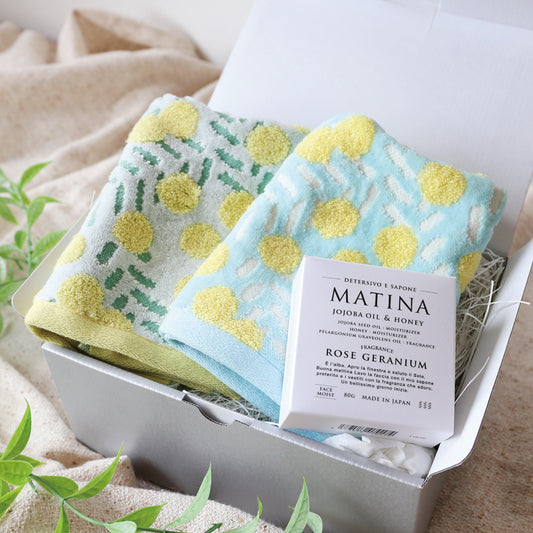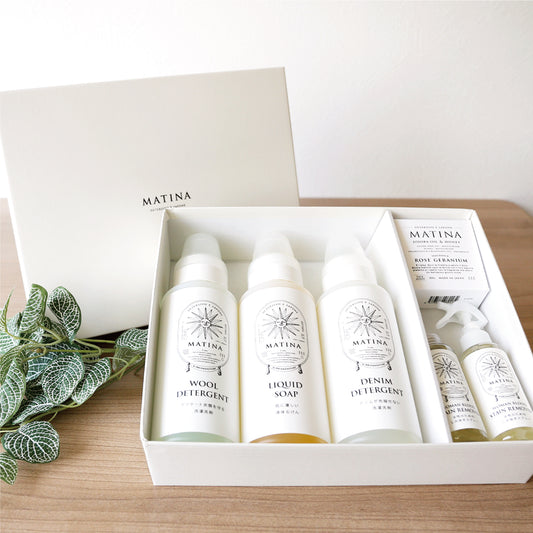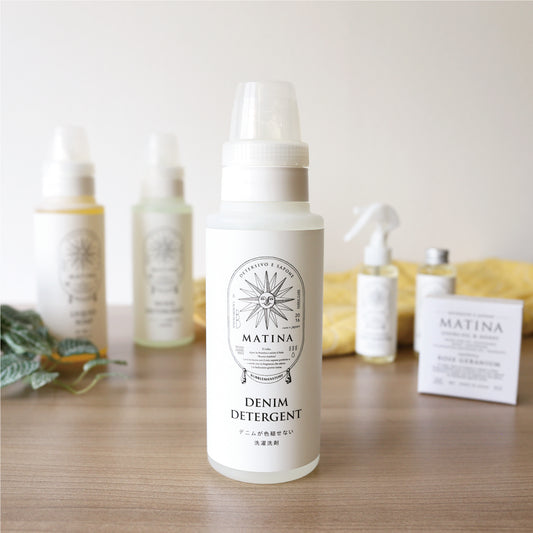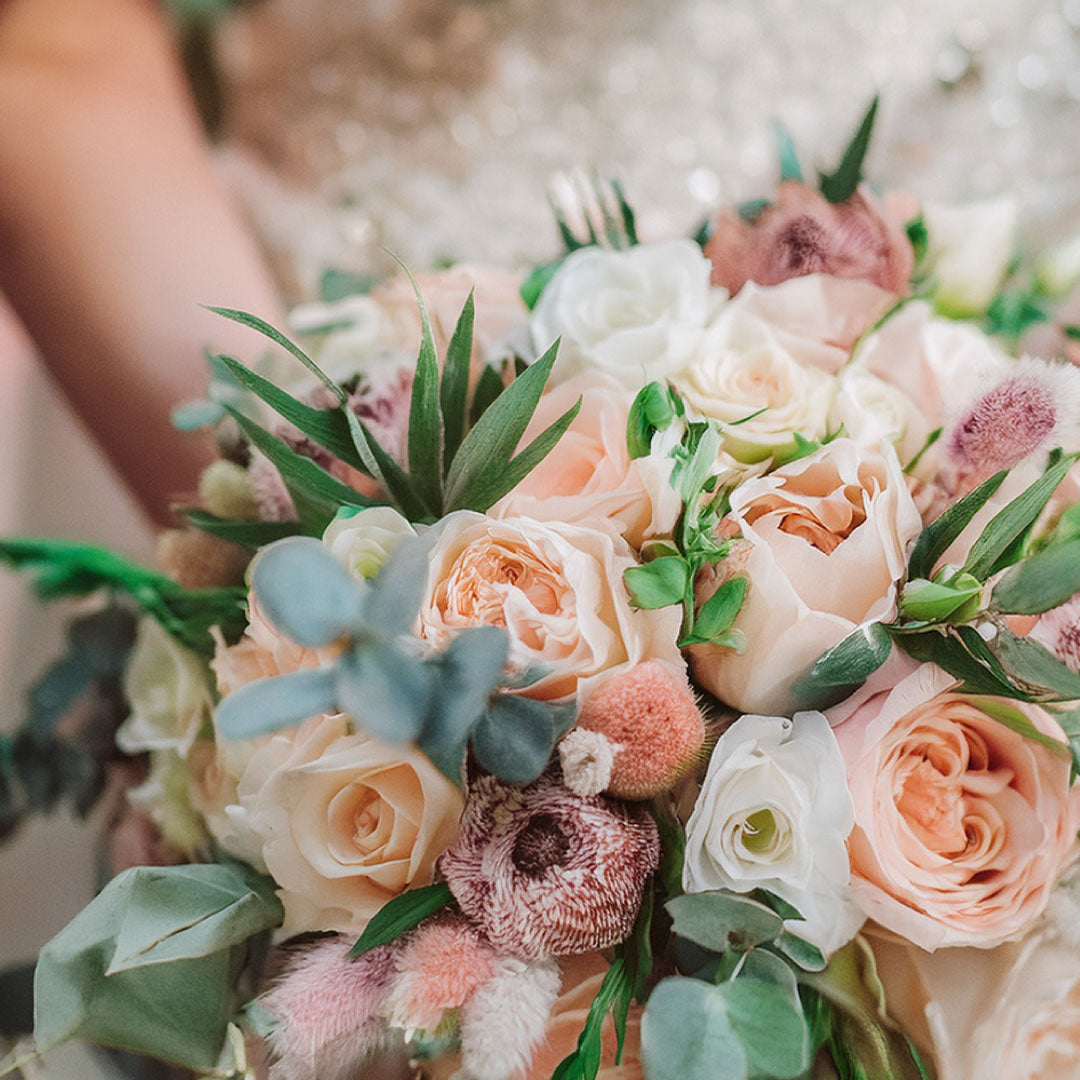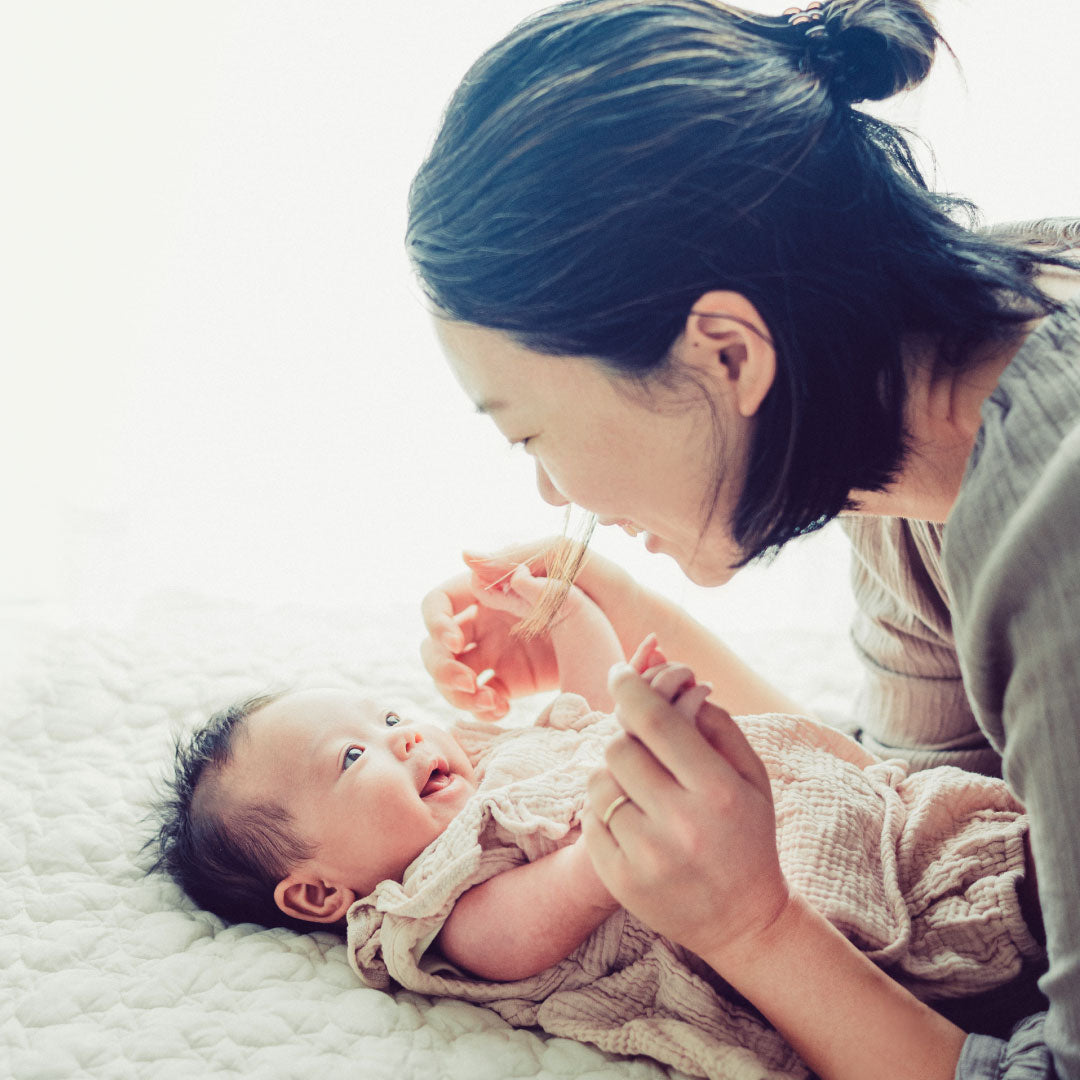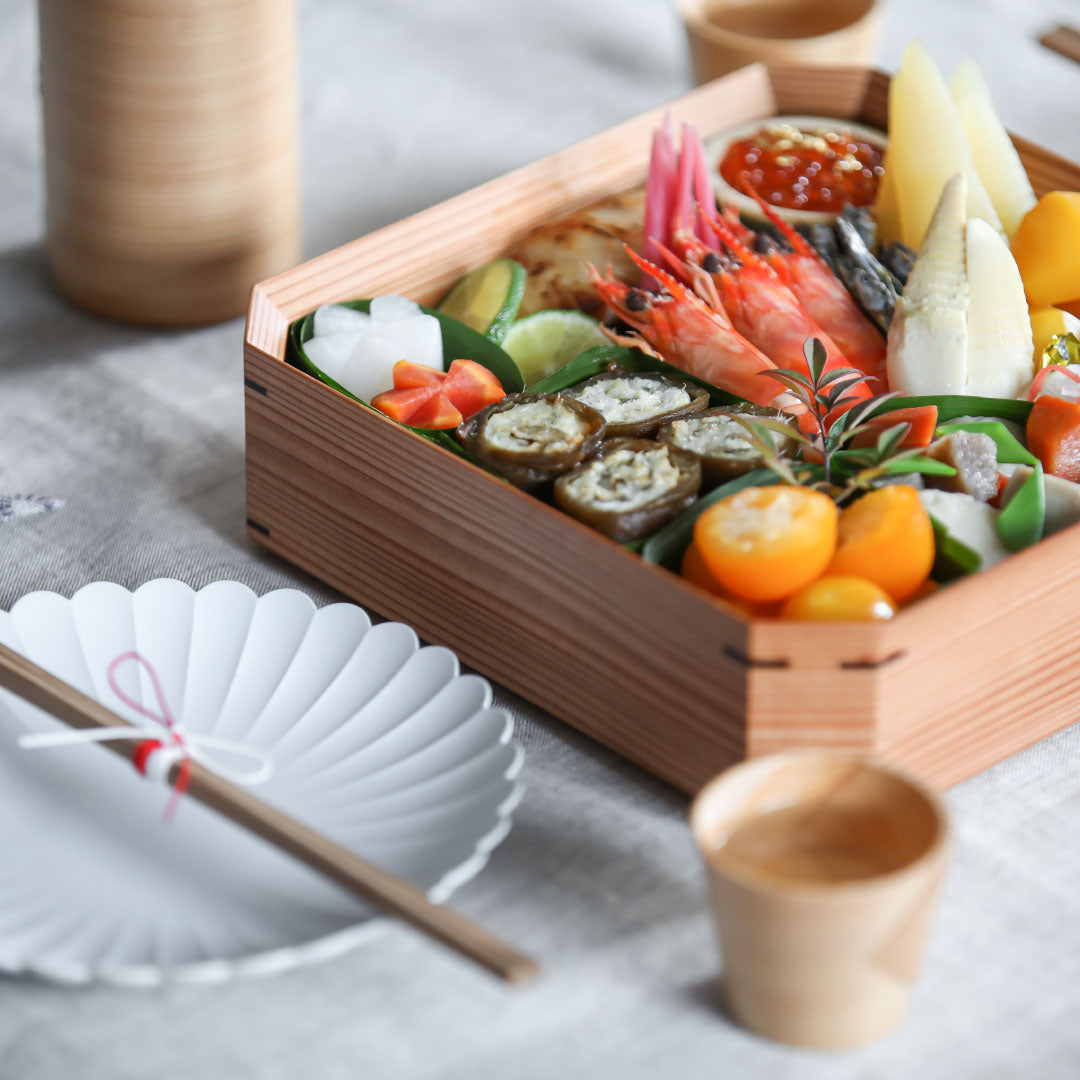Gifts for the celebration of a sunny life
We have a selection of gentle thank-you gifts and return gifts to express your gratitude.
Gifts to celebrate the birth and growth of a baby. Heartfelt gifts to suit a variety of occasions.
We have a selection of items that are typical of "Haren to Kurasu", with an emphasis on natural materials and high-quality tailoring.
We will deliver your important thoughts in a tangible form.
-
[Mino ware] honoka free cup set of 5
Vendor:小田陶器Regular price $43.00(税込)Regular priceUnit price per -
[toumei] Foil small bean plate, 3 pieces, Masuki resin
Vendor:益基樹脂Regular price $22.00(税込)Regular priceUnit price per -
Colorful gift set of 4 iyokan
Vendor:晴れと暮らすRegular price $52.00(税込)Regular priceUnit price per -
Free cup set, grass color, Shinogi, Bukyo Kiln, gift set
Vendor:不毅窯Regular price $23.00(税込)Regular priceUnit price per -
Free Cup Set Turkish Blue Shinogi Bukyo Gift Set
Vendor:不毅窯Regular price $23.00(税込)Regular priceUnit price per -
Special Gift Set of 5 - Blue
Vendor:晴れと暮らすRegular price $78.00(税込)Regular priceUnit price per -
Special Gift Set of 5 - Yellow
Vendor:晴れと暮らすRegular price $78.00(税込)Regular priceUnit price per -
Soap & Hand Towel Original Set tsubaki
Vendor:晴れと暮らすRegular price $30.00(税込)Regular priceUnit price per -
Soap & Hand Towel Original Set mimosa
Vendor:晴れと暮らすRegular price $30.00(税込)Regular priceUnit price per -
MATINA Skin-friendly Liquid Soap 6-piece Set
Vendor:MATINARegular price $78.00(税込)Regular priceUnit price per -
MATINA Delicate Laundry Detergent 4-Piece Set
Vendor:MATINARegular price $52.00(税込)Regular priceUnit price per -
MATINA Original Soap 3-Piece Set
Vendor:MATINARegular price $24.00(税込)Regular priceUnit price per
Living with Sunshine | Gift Q&A
Q1. What does "naikai" mean?
A. Uchiiwai means "giving back a gift in return for a gift received" or "sharing gratitude." Originally, it also had the meaning of "sharing a gift from one's family," but now it is used as a custom to give a heartfelt gift in return to someone who has given you a gift.
Q2. When is the best time to give a gift?
A. It is best to send a gift as soon as possible after receiving the gift, preferably within one to two months at the latest. If you are in a busy period, it is also appropriate to send a belated thank you gift with a greeting.
Q3. What is the recommended amount to give?
A. Generally, a gift worth about half the price of the gift is recommended. However, if the gift is expensive, you don't necessarily need to stick to half the price, but rather choose a gift that conveys your gratitude.
Q4. What kind of items are popular as gifts?
A. People like practical items that can be used for a long time. For example, tableware, towel sets, coffee/tea drinks, sweets, personalized gifts, and gift catalogs are popular choices.
Choosing a personalized item makes for a gift that strikes the right balance between commemorative and practical for both the giver and the recipient.
Q5. How should I choose a noshi (gift wrapping)?
A. The inscription changes depending on the occasion. For example, a return gift for a wedding celebration should read "wedding celebration" and a return gift for a birth celebration should read "birth celebration." Mizuhiki is generally a red and white bow used for general celebrations, but it is customary to use a knotted bow for a wedding celebration.
It is also considered polite to write the name of the person receiving the gift (the name of the person or the couple) on the gift wrapping paper.
Q6. Are there any cases in which you won't return the item?
A. It is not necessary to return a gift in return. If you are close to the person and know them well, it is not rude to simply express your gratitude in writing or in words. However, if you receive a gift, it is considered thoughtful to show your gratitude in some way.
Q9. What should I be careful of when giving a gift to someone superior?
A. For superiors, it is best to choose a refined gift that is not too expensive. It is also best to avoid items that are considered taboo (e.g., items that are considered bad luck, such as knives or combs).
In addition, it is important to pay attention to the wrapping method and gift-giving etiquette, and to present the gift carefully.
Q10. Should I include a message card or thank you letter?
A. Yes, if you include a message of thanks in addition to the gift, your feelings will be conveyed more clearly. It is also a nice gesture to include a short message, even if it is a standard phrase, or to send a thank-you letter separately.


![[Mino ware] honoka free cup set of 5](http://hare-kura.com/cdn/shop/files/honoka_25.jpg?v=1721261955&width=533)
![[Mino ware] honoka free cup set of 5](http://hare-kura.com/cdn/shop/files/honoka_09.jpg?v=1720419823&width=533)
![[toumei] Foil small bean plate, 3 pieces, Masuki resin](http://hare-kura.com/cdn/shop/files/haku_comamezara_3set_i.jpg?v=1697697743&width=533)
![[toumei] Foil small bean plate, 3 pieces, Masuki resin](http://hare-kura.com/cdn/shop/files/haku_comamezara_3set_i_2.jpg?v=1697697744&width=533)
